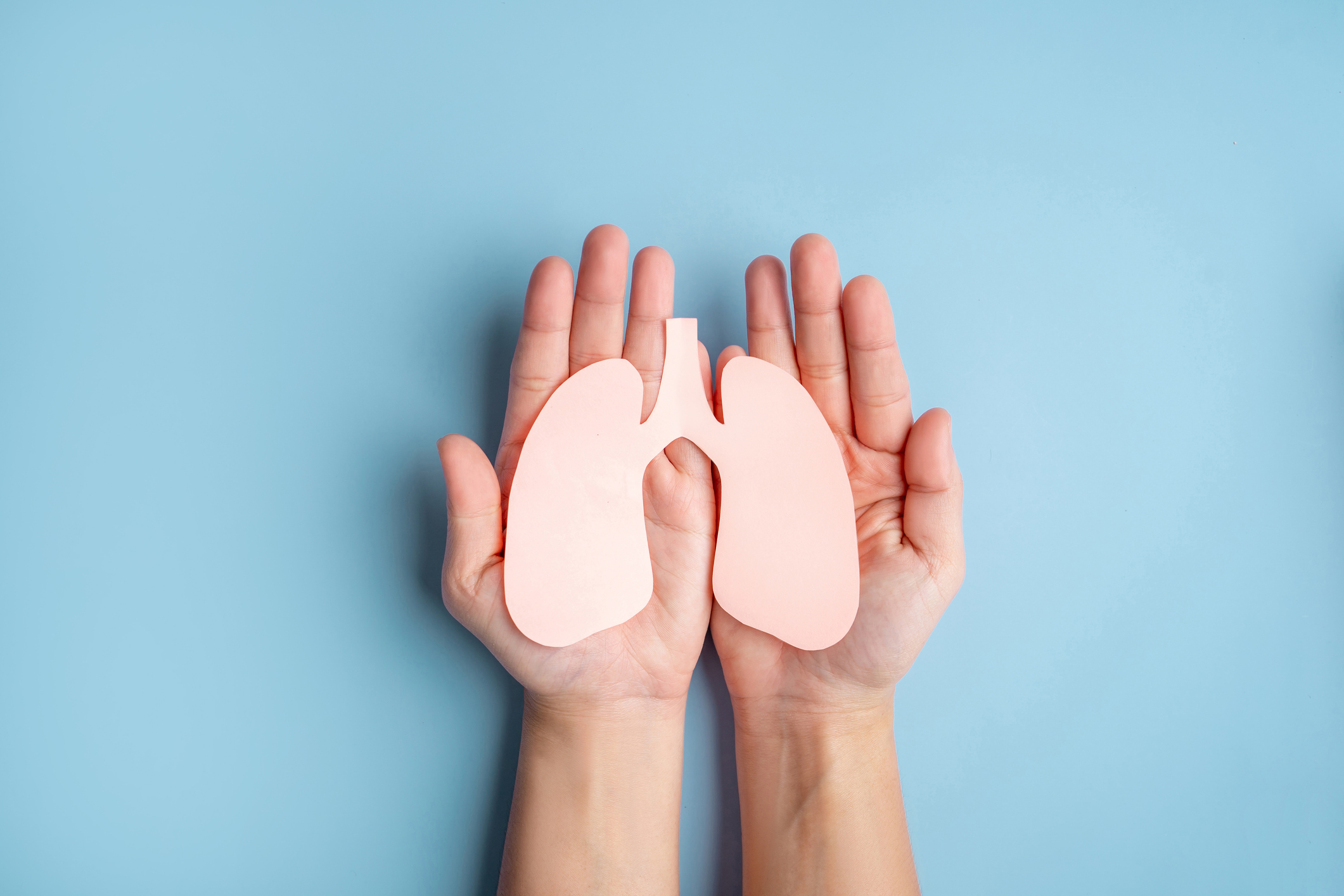

There’s a lot of evidence that eating a low-fat diet and sticking to healthy, unsaturated fats can lower a woman’s risk of breast cancer.
But a low-fat diet has never been tied to a reduced risk of lung cancer.
Until now…
Quitting smoking IS the best way to prevent lung cancer (and BTW, it’s never “too late” to quit).
But now there’s new evidence that you can prevent lung cancer through your diet as well…
Unsaturated fat means less risk of lung cancer
When Chinese researchers analyzed data from a cohort of over 98,000 people taking part in a U.S.-based cancer study, they found a 24 percent lower risk of lung cancer in people who had the lowest amount of fat in their diets.
And get this: for smokers, the reduced risk was even greater at 29 percent.
The study authors shared that saturated fats were particularly associated with increased lung cancer risk, but not unsaturated fats.
Catherine Rall, a registered dietitian not involved in the study, explained why that may be…
“The key here is saturated fatty acids. These produce an inflammatory response in the body, and chronic inflammation is one of the key underlying causes of cancers of all types. It makes sense that reducing fat intake, including saturated fat, would lead to a lower risk of cancer, including lung cancer. It also makes sense that, if we’re comparing smokers to other smokers, factors like diet would be the deciding factor in whether or not they develop lung cancer.”
The findings of this study echo those of a 2021 study, where a high intake of fruits, vegetables, breakfast cereals and dietary fiber, as well as a low intake of red and processed meat, was associated with a lower risk of lung cancer.
Saturated fats and deadly small cell cancer
This study also found that diets high in saturated fats were associated with a 35 percent increased risk of lung cancer in general but double the risk of small-cell lung cancer.
Small-cell lung cancer (SCLC) is rare, accounting for only about 15% of lung cancers.
In SCLC, abnormal cells in your lung grow fast and uncontrollably. It’s an aggressive form of cancer that often starts in your airways and then spreads, or metastasizes, to other parts of your body.
For most people, by the time you’re diagnosed with SCLC, it has already spread to other parts of your body, including your adrenal glands, bones and bone marrow, brain, liver, and lymph nodes, to name a few.
But even when this form of lung cancer is still in the lungs, the five-year survival rate is only 30 percent.
Clearly, a cheeseburger and fries aren’t worth the risk of doubling your chances of dying in the next five years.
How to eat more cancer-killing fat
Extra-virgin olive oil (EVOO) is one of the healthiest unsaturated fats out there. But there’s another reason it’s especially relevant concerning cancer…
It has the highest concentration of oleocanthal — a potent natural anti-inflammatory phenolic compound that has been shown to kill cancer cells.
A good rule of thumb: if your olive oil has a slightly bitter taste and a greenish hue, it has higher levels of oleocanthal.
The easiest way to ditch saturated fats is to cut out ultraprocessed food. Most all of it is made with saturated fat and those foods are known to be connected with over 30 dangerous or deadly health conditions, including cancers, diabetes, anxiety and hypertension.
Stay away from any product with unrecognizable ingredients, including frozen pizza, soda, frozen chicken nuggets and even some cereals. If you can’t pronounce it, don’t eat it.
If that seems daunting, start small. Researchers took a 30-year look at the health impacts of ultraprocessed food and identified the 2 worst you should ditch now.
Editor’s Note: You’re invited to join a tiny handful of Americans who enjoy rare, fresh-pressed olive oil all year long. Take my word for it, there’s a difference in taste, quality and benefit! Click here to learn more…
Sources:
Low-fat diets may help lower lung cancer risk, particularly in smokers — Medical News Today
Adherence to the low-fat diet pattern reduces the risk of lung cancer in American adults aged 55 years and above: a prospective cohort study — Journal of Nutrition, Health and Aging
What’s the difference between small-cell lung cancer (SCLC) and non-small cell lung cancer (NSCLC)? — Medical News Today
Small-Cell and Non-Small-Cell Lung Cancer: What’s the Difference? — Web MD
Hunter Study Shows That Certain Olive Oils Kill Cancer Cells — Hunter CUNY